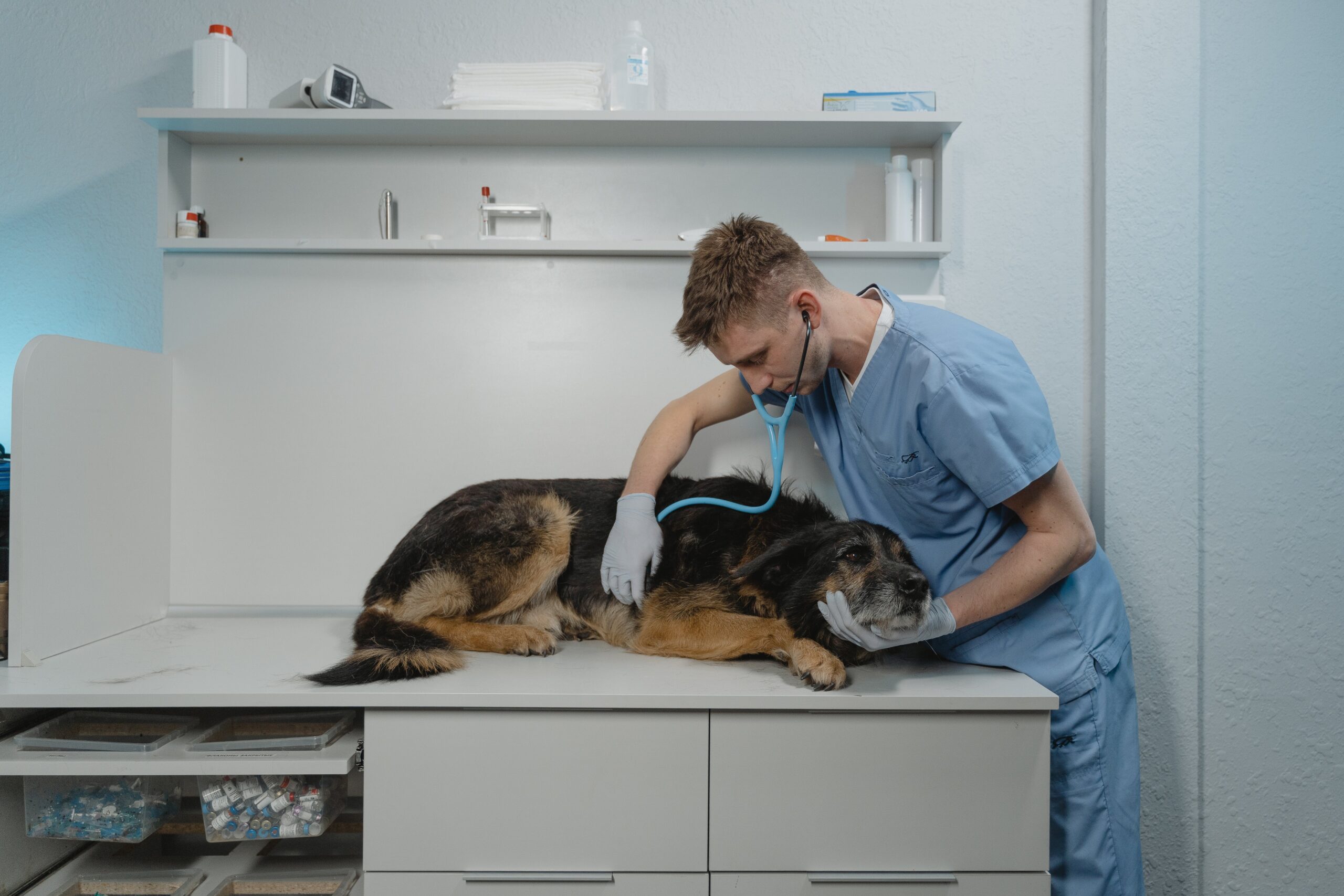As pet ownership continues to grow, so does the demand for trained professionals in the realm of veterinary medicine. For those who aspire to work closely with animals, becoming a veterinary technician is a promising career path. But, with so many vet tech programs out there, how can one determine which is the best fit? Here’s what to look for in a top-notch vet tech school.
- First and foremost, ensure the vet tech program is accredited by the American Veterinary Medical Association (AVMA). An accredited program meets the stringent standards set by AVMA, ensuring the curriculum covers all essential aspects of veterinary care.
- Comprehensive Curriculum: The curriculum should offer a balance of theoretical and hands-on training. Topics should range from drawing blood and administering vaccines to understanding pharmacology and radiology. Specialized training in areas like exotic animals, large animals, and surgical procedures will ensure students are well-rounded in their education.
- Facilities: A great vet tech school will have facilities equipped for x-rays, surgical procedures, and critical care. Look for schools with an on-campus veterinary clinic or veterinary hospital that gives students firsthand experience.
- Duration and Degree: Most vet tech programs offer a two-year associate degree, but for those aiming higher, some schools provide a bachelor’s degree for veterinary technologists. According to the Bureau of Labor Statistics, both paths offer ample opportunities, but a bachelor’s degree might open doors to more specialized roles.
- Preparation for VTNE: The Veterinary Technician National Examination (VTNE) is a crucial step towards licensure. Top schools will have a curriculum tailored to ensure students are VTNE-ready by the time they graduate.
- Flexible Career Paths: Graduates should be prepared for a variety of roles, from veterinary assistant in a small animal clinic to an RVT (Registered Veterinary Technician) in large animal hospitals or even specializing in exotic animal care.
- Skill Development: Apart from technical know-how, a vet technician’s role demands impeccable communication skills. Whether it’s interacting with pet owners, veterinarians, or other healthcare professionals in a veterinary practice, clear communication is paramount.
- Post-Graduation Support: Look for schools that support students even after graduation – be it through job placements, preparing for state boards, or guidance towards becoming an LVT (Licensed Veterinary Technician) or CVT (Certified Veterinary Technician). RVT (Registered Veterinary Technician)
- Exposure to Real-World Scenarios: A significant advantage would be if the school has a working kennel, veterinary clinic, or partnerships with local animal hospitals. This gives students an authentic taste of the day-to-day life of a vet tech, from managing the kennel and ensuring animal health to assisting with complex procedures.
- Entry-level Opportunities: For high school graduates or first-time entrants into the world of veterinary medicine, entry-level positions like veterinary assistant can be a stepping stone. The best schools will provide pathways for these roles to transition into full-fledged vet technicians.
- Diverse Learning Opportunities: From small animal care to handling large animals and even exotic animals, the more diverse the learning experience, the better-prepared graduates will be.
The path to becoming a successful veterinary technician is paved with quality education, hands-on experience, and a passion for animal care. By selecting a school that prioritizes comprehensive training, and post-graduate support, aspiring vet techs are sure to embark on a rewarding journey in veterinary medicine. OCVAS is the perfect school to become a Vet Tech, Vet Assistant, or Vet Attendant. To learn more, check out the programs we offer and see which one is right for you!

